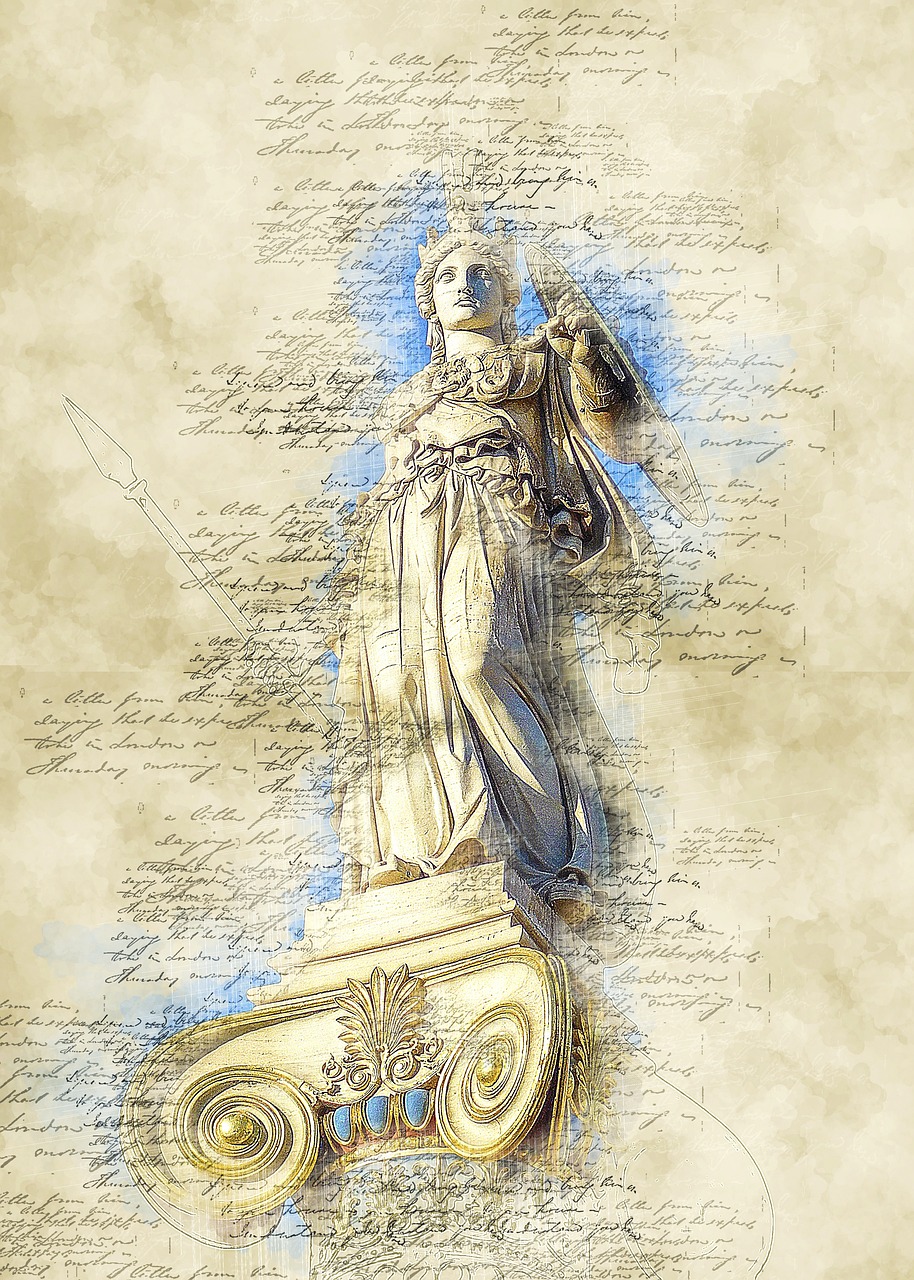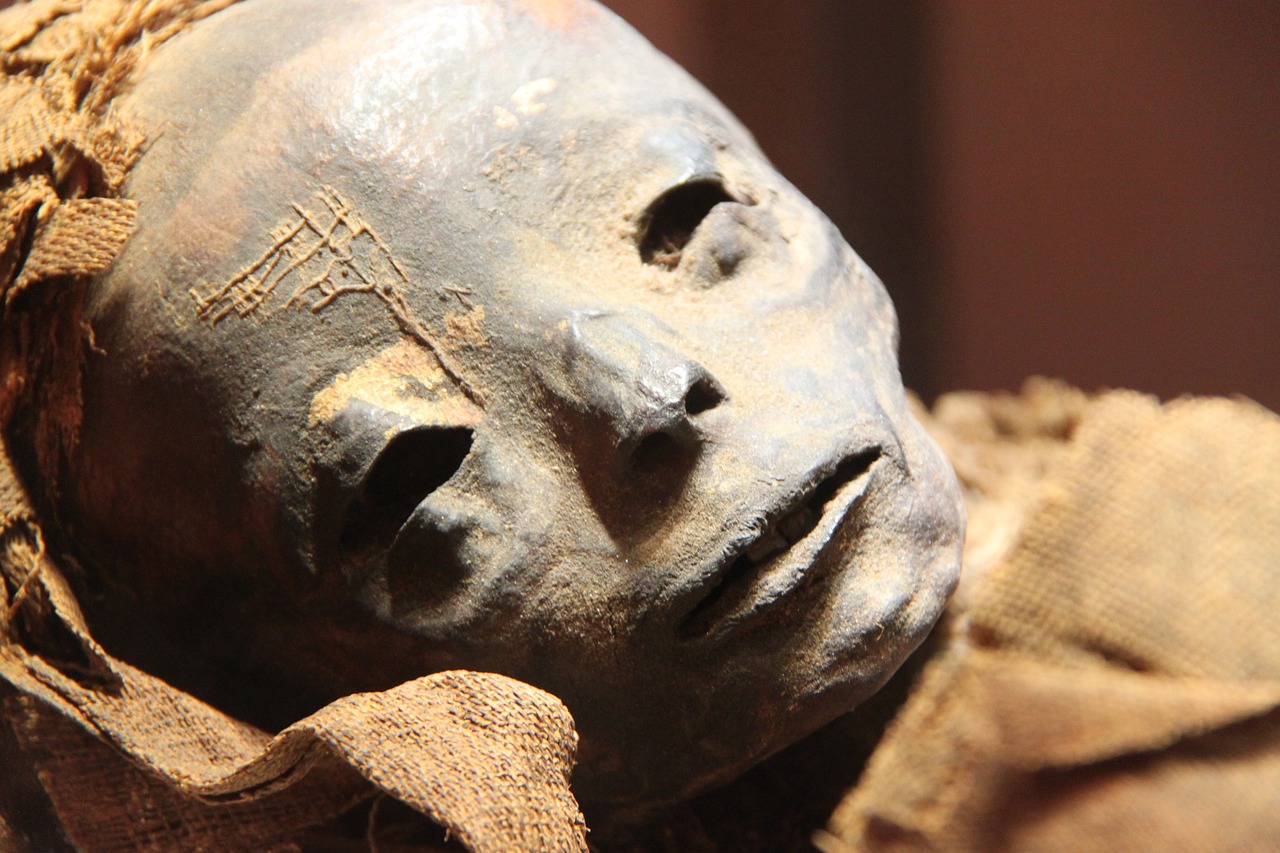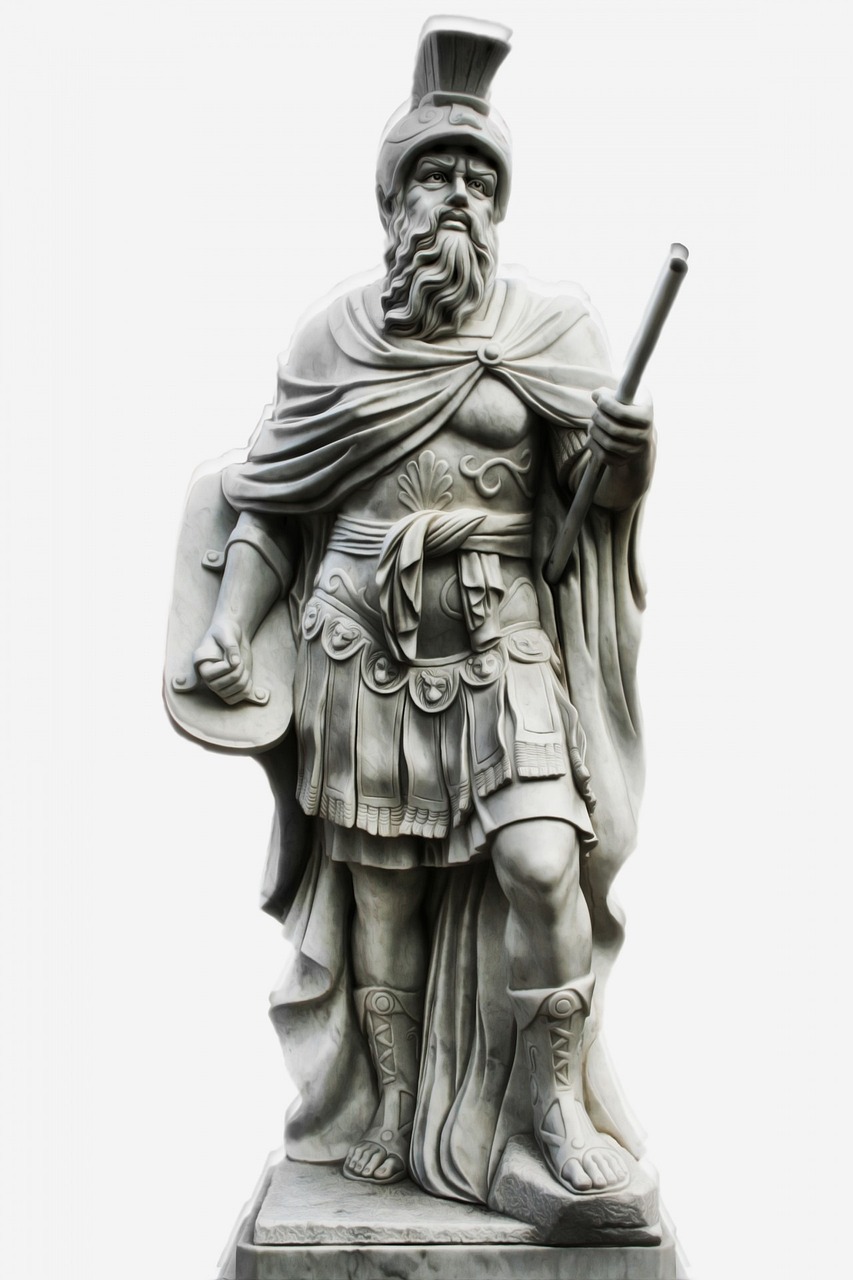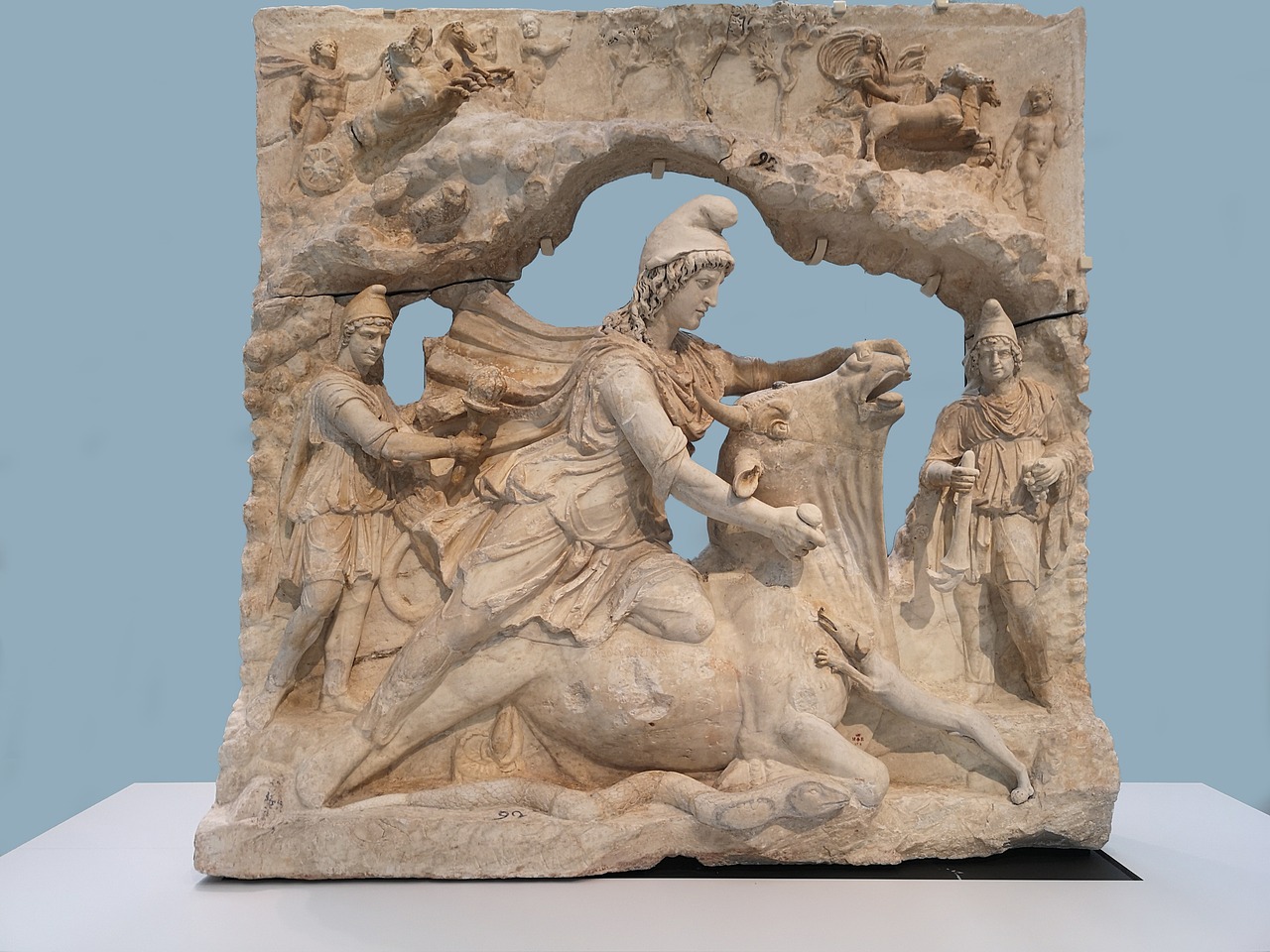-

An Enigmatic Figure in Irish Mythology Irish folklore is an intricate web of stories that envelops a myriad of themes and characters. Its depth is unparalleled across Europe, featuring an array of captivating figures from fairies to formidable giants, and from noble warriors to regal princesses. Among these intriguing characters is Niamh Cinn-Óir, a less…
-

Minerva: The Goddess of Wisdom and Craftsmanship Minerva embodies the divine nature of skilled thought and action, encompassing wisdom, craftsmanship, and strategy. Suitable tributes to this Goddess typically include olives, offerings of silver, intricate needlework, and virtually any artwork showcasing exemplary skill and craftsmanship. It’s also likely that offerings of incense, if not milk, would…
-

Samhain Celebration: A Journey Through History The date of November 1st has long been acknowledged as Samhain, which translates directly to the “end of summer.” October 31st signifies the conclusion of the Celtic year, the commencement of winter, and a period for introspection and pause. On this significant occasion, it was believed that ancestors stepped…
-

In the northwestern region of suburban Cairo, buried beneath 20 meters of soil, lies ancient Iwn, a city that witnessed the genesis of existence itself. Known to the Greeks as Heliopolis, meaning the city of the sun-god, and referred to as Ain-Shams, or the eye of the sun, by the Arabs, this site is arguably…
-

As an enthusiastic employee of Asana, I have a strong belief in its capabilities as the premier project management tool. Asana serves as a single source of truth for my entire team, providing clarity on individual responsibilities and deadlines. It enables us to manage our tasks effectively while remaining aligned with our team objectives. This…
-

The Season of Renewal: Ancient Roman Farming Traditions As winter lingers into late January in New York City, the streets are filled with bundled-up individuals braving the cold. With snow blanketing the ground and the threat of icy temperatures, many find themselves waiting eagerly for the warm embrace of spring to melt the frost and…
-

Janus, the dual-headed Roman deity, symbolizes doorways and new beginnings. Nestled along Argiletum Street, the Temple of Janus in Rome connected the Roman Forum with the nearby residential areas. This modest wooden structure points to the ancient roots of Janus’ worship among the Romans. The significance of Janus can be observed through various historical markers;…
-
This week, I’ve decided to revisit the origins of this blog: Ancient Egypt! For my final two passion posts, I wish to dedicate them to my beloved region (Egypt) and my favorite deity (the identity of which will be revealed next week!). In this entry, allow me to introduce you to Sekhmet. Key Facts about…
-
The Divine Scribe: Seshat’s Role in Ancient Egyptian Culture Seshat, recognized also as Sefkhet-Abwy and Seshet, holds the esteemed title of the Egyptian goddess of writing. Her name translates directly to “female scribe,” and she is commonly illustrated as a woman with a leopard skin draping her robe, adorned with a headdress featuring a seven-pointed…
-

Ernst Renan, the distinguished 19th-century historian and philologist, posits a thought-provoking “what if” scenario: Had the Roman Empire not embraced Christianity, it would likely have adopted Mithraism instead. This contentious idea resonates within the dystopian narrative of Raised by Wolves, illustrating how the Mithraic cult has endured as a focal point for a diverse range…


